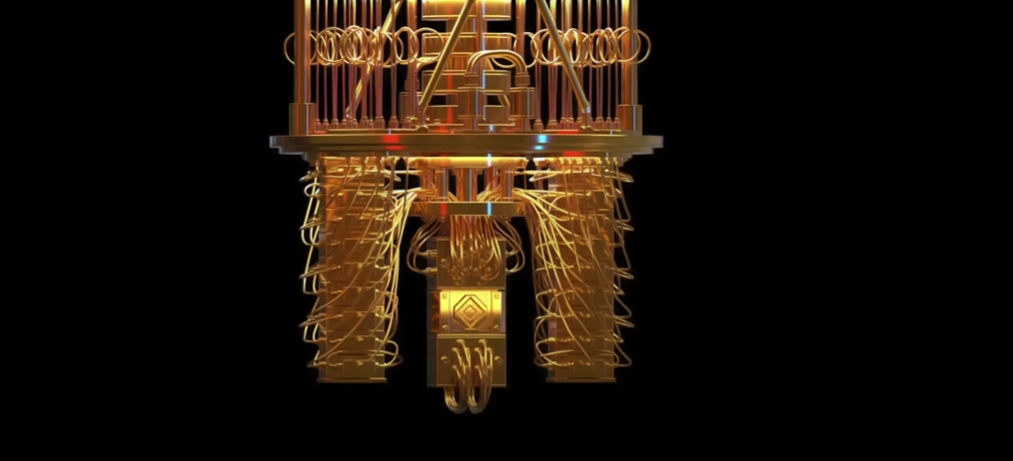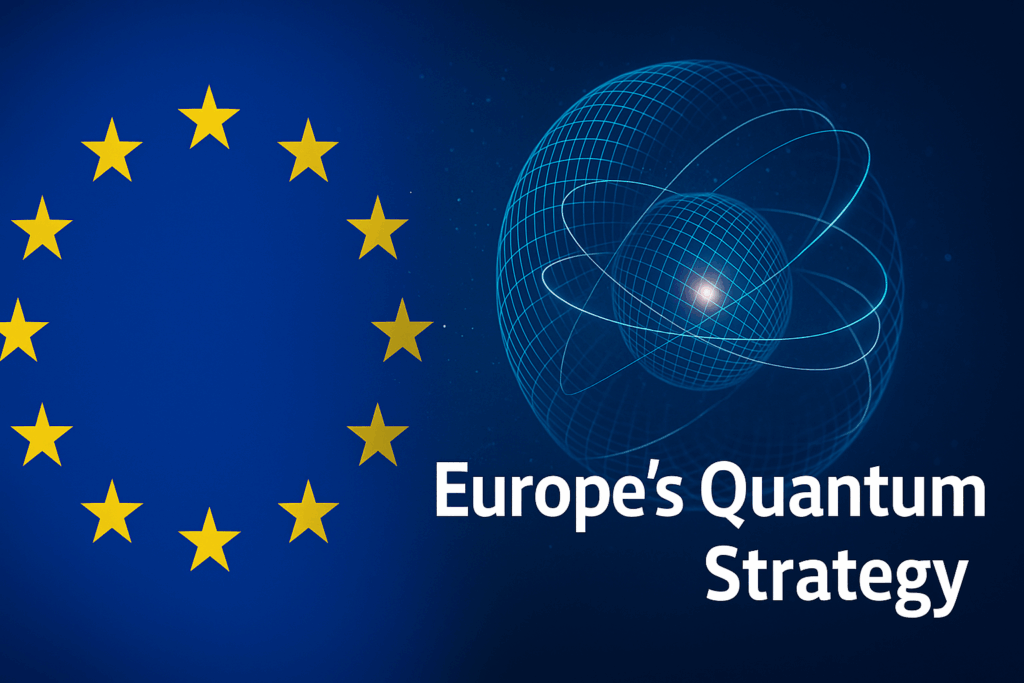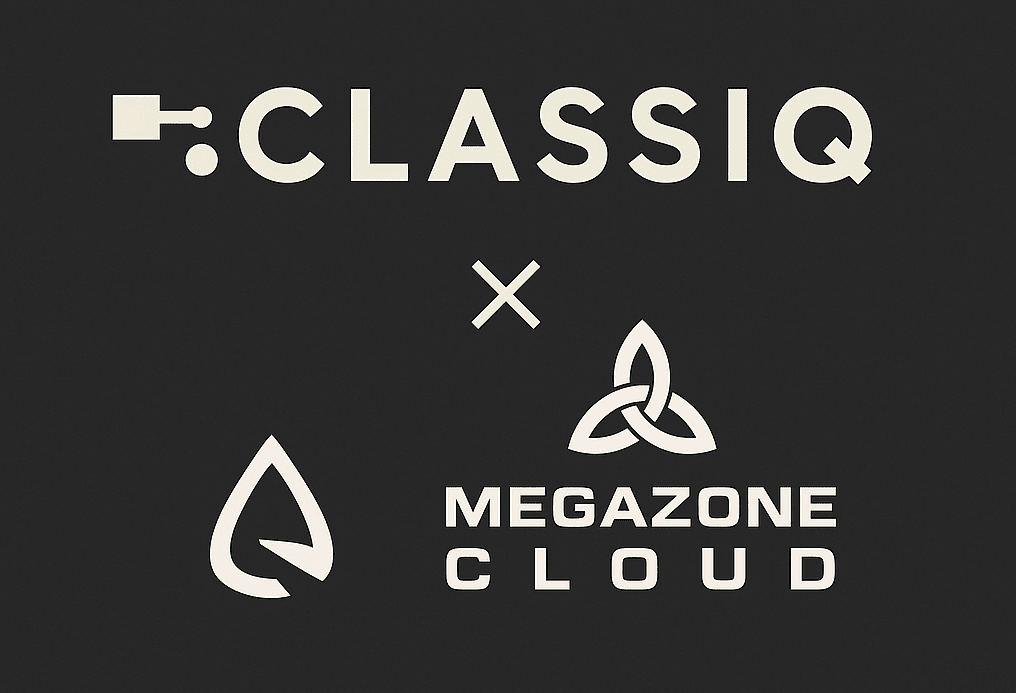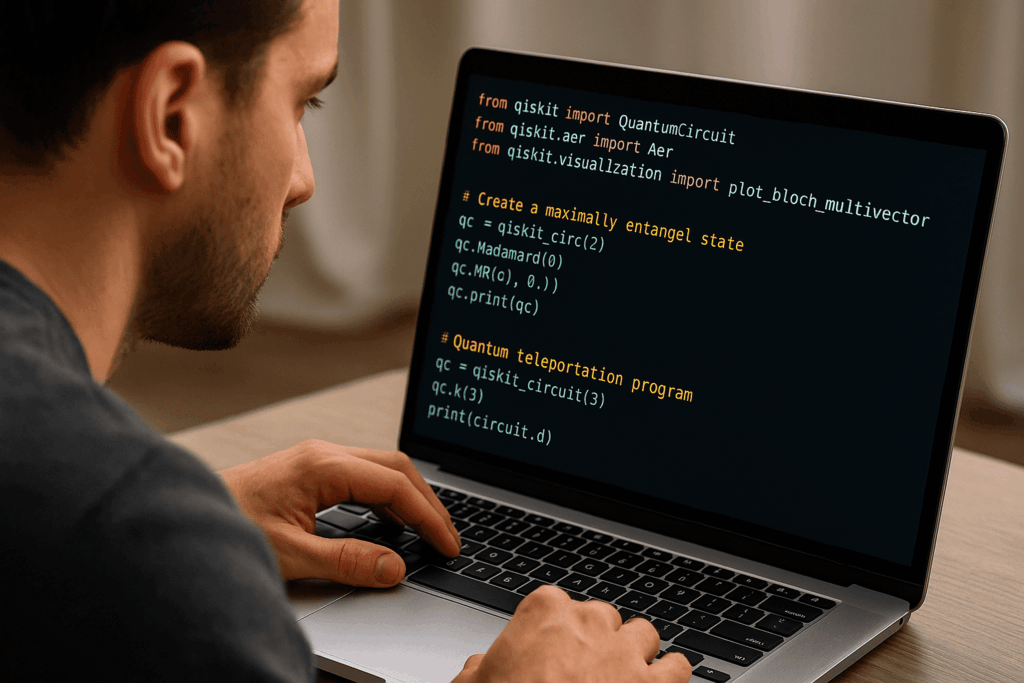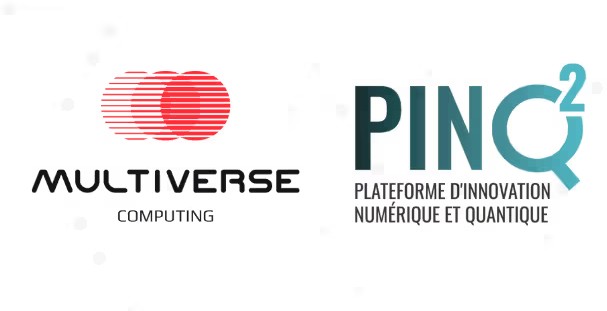The quantum computer has become the focus of much attention in recent years as it has the potential to revolutionize computing. Quantum computers are incredibly powerful, and their applications range from data encryption and analysis to artificial intelligence and machine learning. However, due to their complexity, quantum computers cost a significant amount of money – but exactly how much?
In this article, we’ll explore the current prices of quantum computers and provide some insight into why they’re so expensive.
What Are Quantum Computers & What Makes Them Worth It?
In contrast to classical computers, quantum computers rely on quantum mechanics to perform calculations, manipulating quantum bits (qubits) in order to represent information.
Qubits are fundamentally a two-state quantum-mechanical system. This phenomenon is called superposition and allows quantum computers to carry out specific calculations at a much faster rate than classical computers.

Quantum computers, we must note, have the potential to perform certain tasks like factoring large numbers or searching large databases for specific information sometimes better than classical models.
One more unique feature of quantum mechanics that quantum computers possess that classical computers do not is entanglement. This is where two or more qubits become connected (entangled) and their states become reliant on each other, which makes it possible for quantum computers to execute operations on multiple qubits simultaneously. This — like superposition — allows quantum computers to figure out specific problems exponentially faster than classical computers.
Quantum computers are currently at the entry stage of their development. Companies like Microsoft, Google and IBM (and many startups too) — as well as dozens of universities and government research institutes — are researching, developing and manufacturing early NISQ models whose applications will hopefully have far-reaching effects for optimization and logistics, simulating complex systems for molecular chemistry and cryptography problems.
What Types Of Quantum Computers Exist?
2023 sees several types of quantum computers being developed and manufactured. These are typically divided into the qubit modality that they are leveraging. Currently, there are five leading qubit-type approaches. There are:
Superconducting
Superconducting qubit quantum computers are the most widely used type of quantum computer. These types of quantum computers utilize minute electrical circuits to produce and ultimately manipulate qubits, which are usually made of superconducting materials.
Currently, companies working on this qubit modality include organizations such as Google, IBM, Microsoft, Rigetti Computing, IQM, and Quantum Circuits, Inc.
Trapped Ions
Another popular approach is by using ion trap quantum computers. These utilize atoms or molecules with a net electrical charge called “ions” that are trapped and manipulated using electric and magnetic fields to store and process quantum information.
Companies developing quantum computers in this field include organizations such as Quantinuum (formed after a merger of Honeywell Quantum Solutions and Cambridge Quantum Computing), ionQ, Alpine Quantum Technologies, and eleQtron.
Photonic
Another important qubit approach that has supporters is photonic quantum computers. These use photons (particles of light) to carry and process quantum information.
Commercial players representing this qubit modality include organizations such as PsiQuantum, Xanadu and ORCA Computing.
Neutral Atoms
Neutral atoms quantum computing utilizes In a neutral-atom quantum processor, which are atoms suspended in an ultrahigh vacuum by arrays of tightly focused laser beams called optical tweezers. Researchers have scaled up to arrays of more than 100 alkali atoms, each of which has one valence electron, and executed quantum algorithms using smaller arrays.
Commercial players here include such organizations as ColdQuanta, QuEra and Pasqal.
Quantum Dots
Quantum dot quantum computing utilizes qubits made up of pairs of quantum dots, which are silicon qubits. These properties make them attractive for a variety of applications, including use in quantum computers.
Companies invested in this approach include organizations such as Diraq, Intel and Quantum Motion.
Other Qubit Modalities
There are also several other approaches such as electrons on helium, quantum computers that use silicon CMOS and nitrogen-vacancy centers (also known as N-V centres).
It’s worth taking into consideration before jumping to conclusions that each type of quantum computer has its unique advantages and disadvantages and that different types of quantum computers may be better suited for different types of problems.
Can You Buy a Quantum Computer?
Yes, it’s possible to buy a quantum computer in 2023. However, quantum computers are not yet widely available to the general public and are currently very expensive and extremely difficult to manufacture. Another stumbling block to consider is the majority of these machines are owned or operated by large corporations, research institutions and government bodies, so access to them (never mind purchasing one) depends on the access terms of these commercial enterprises and institutions.
If, however, an individual (or company, for that matter) were somehow interested in buying a quantum computer, the best way to approach this would be to contact the likes of IBM, Microsoft, Rigetti Computing, D-Wave or Google directly. They can offer individuals access to their quantum computing resources through cloud-based services, allowing researchers, developers, and businesses to experiment with and utilize quantum computing power without owning the physical hardware. The cost of using these services can vary depending on the amount of time and resources used but typically ranges from a few dollars to several thousand dollars per hour.
Quantum Computer Prices in 2024
As already mentioned, quantum computing is a technology that is quickly advancing but is still in its early stages. The caveat is that putting a price on such a machine is more an art form, rather than a science. Things to consider before the hypothetical purchase of a quantum computer is made could be what type of system you want to purchase, the number of qubits required and — another important thing — the level of expert support required from the vendor when using the machine. All these things will have an influence on the overall cost.
To give you some estimate, The Verge quoted it would cost some $15 million dollars to purchase the D-Wave 2000Q quantum computer, though the article was from way back in 2017 and prices — as well as inflation — have risen considerably since then.
As a ballpark figure, the cost of buying a full machine as of 2023 is currently very high, with the kit that goes into most systems costing hundreds of thousands of dollars. Quantum computing systems like IBM are sold for tens of millions as part of full-service contract over several years.
For example, Microsoft’s Azure quantum computing cloud-based service allows first-time users $500 dollars worth of free Azure Quantum Credits for use with each participating quantum hardware provider. They report that if you have used up all the credits and require more, you can apply to the Azure Quantum Credits program.
Another provider of quantum computers is AWS, whose pricing plans to use its cloud-based service start at $29 per month and include AWS Support.
For a more detailed look at the pricing of both Microsft and AWS quantum computer services, go to the links here and here.
Quantum Computer Cost Forecast
Many experts in the industry predict the cost of quantum computing hardware will continue to decrease over time as the technology advances, making it more accessible to a broader range of businesses and organizations. In a recent talk, the CTO of the CIA Nand Mulchandani noted that the quantum industry is still very early and unit costs are still very high, as we are very much in the research and development stage.
In general, quantum computer prices are sure to be influenced by several important factors, including how advanced discoveries in the sector are made, market demand for the technology and competition among quantum computing providers.
Will Quantum Computers Reach Commercial Usage Soon?
Again, this question requires a crystal ball to predict accurately, but as things stand quantum computers are a promising technology that could revolutionize various fields, including machine learning, optimization and material science.
Considering this, the most technologically advanced quantum computers currently by the likes of IBM and Google have hundreds of qubits, which is a great thing in and of itself. However, to really get to where we want to be with the technology, qubit numbers may need to increase significantly, to perhaps thousands or even millions of qubits to have any useful impact in the commercial sphere.
Furthermore, these machines require complex infrastructure and cooling systems (in many cases, see superconducting quantum computing) to maintain the required low temperatures for the qubits to function properly, as well as reliable error correction systems.
Despite these challenges, we are slowly getting there as an industry. While it is difficult to precisely predict the timeline for when quantum computers will reach commercial usage, many experts believe that practical applications may emerge within the next decade or two.
Conclusion
The Quantum Insider observes with a keen eye the market trends and technological narrative that is evolving as we speak. When thinking about the price of a quantum computer in 2023, it’s worth considering the access method, the type of computer and usage requirements.
Feature image: Credit: Quanta Magazine
If you found this article to be informative, you can explore more current quantum news here, exclusives, interviews, and podcasts.

